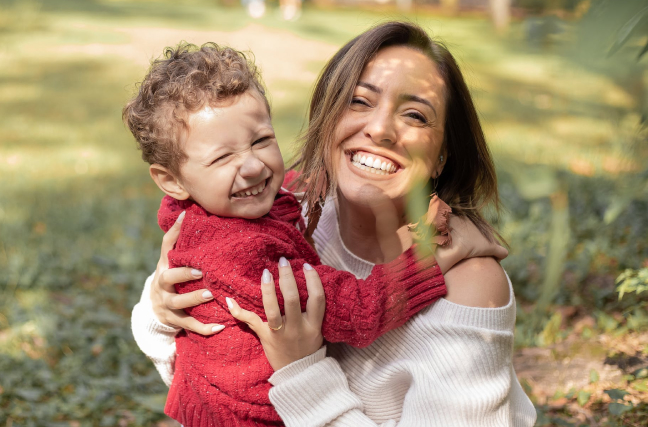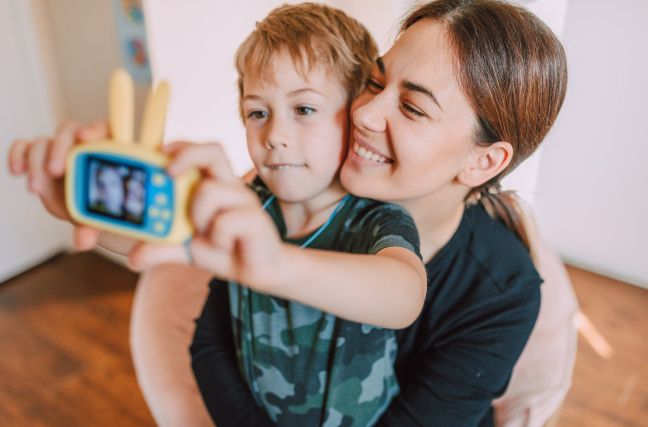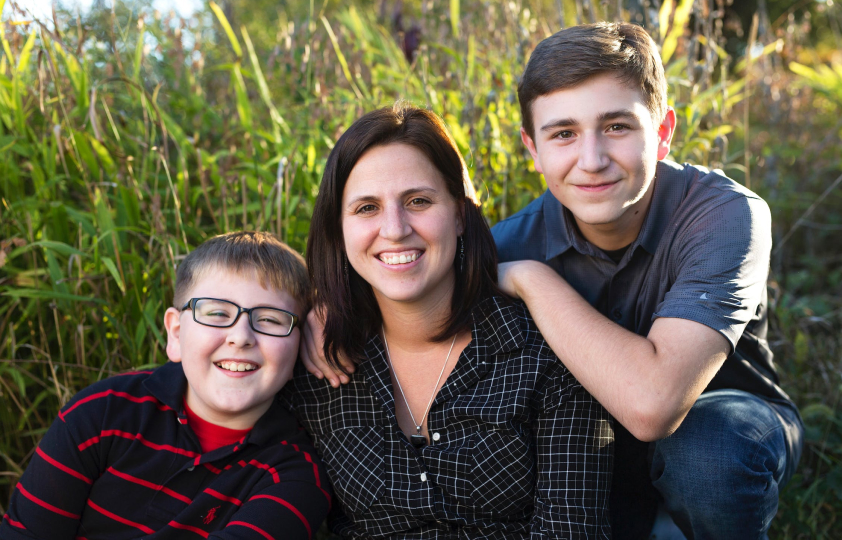Envisage Service Providers
ENVISAGE-Service Providers (ENVISAGE-SP) is an adaptation of our ENVISAGE-Families program for service providers (SP). By SP we mean the people who provide health and disability services to children with disability or developmental concerns and their families. The program was co-designed by service providers, parent/carers and researchers in Australia and Canada.
We created ENVISAGE-SP because the parents we have worked with over the years told us that a program like this was needed – to be a bridge between ENVISAGE for families and service providers. Parents value the time they had for reflection and discussion in ENVISAGE-Families, and hoped that SP’s would also have this opportunity. ENVISAGE-SP aims to support SPs’ roles as knowledge brokers and implementers of contemporary evidence-informed ways of practicing by providing time and space to consider these key concepts, and issues, along with tools to use in their practice.
The goals are to
- Make ENVISAGE concepts easily accessible to SPs; and
- Offer insights into how SPs can bring these ENVISAGE concepts to life in their work with children with disabilities or developmental concerns and their families.
What is ENVISAGE Service Providers (ENVISAGE-SP)
ENVISAGE for Service Providers is currently being evaluated across Australia and Canada as part of a research program. The pilot study and recruitment for workshops has now finished. If you would like to stay up to date with information about the ENVISAGE-Service Providers program research, please email sp.envisage@mcri.edu.au (Australia) or envisage@mcmaster.ca (Canada).
The ENVISAGE-SP program involves completing a series of five workshops. Each workshop involves one hour of self-directed preparatory activities (readings, videos, reflective activities) on the online learning platform followed by a 1-hour facilitated workshop discussion. The five facilitated workshop discussions are online and are co-facilitated by an SP and a parent-carer with lived experience of raising a child with a disability. Completing the program involves doing all five workshops with a small group of other SPs, typically scheduled over a 5-week period.
For those in Australia, Service Providers interested in the ENVISAGE-Families Program for parents and caregivers of children with developmental concerns or disability, please submit your enquiry here or email envisage@acu.edu.au.
New ways of thinking about HEALTH: ICF and F-words
About this Workshop
The theme of Workshop 1 is ‘new ways of thinking about health’, and we talk about the International Classification of Functioning, Disability and Health (ICF), and the F-words. We also consider what we mean by disability. In Workshop 1 we share what we learned from the ENVISAGE-Families program. Together, we reflect on how easy or hard it is to put our knowledge about family centred approaches, the ICF and F-words into practice, and explore tools that support doing this. The core ideas of ENVISAGE-SP are that children grow and develop in the context of their families; contemporary ideas of health, wellbeing and family development should guide best practice; and the importance of communicating, connecting, and collaborating with families and young people within and across services.

Child and Family Development
About this Workshop
In the second workshop , we talk about functioning and development, of both the child and the whole family. We explore the idea that even in the face of ‘impairments’, most children – and certainly all families – are going to change and develop over their lifetime, so our collective responsibility is to promote and enhance development. We want to help parents recognise how they are also changing – as parents, as partners, and advocates for their child and family – and that the predicaments they are experiencing are rarely static. First and foremost is the importance of SPs learning from children and their families about their priorities and concerns, and of being interested in all aspects of development, so that opportunities for experiences that enable healthy living, and the solutions to challenges to social participation are found.

Parenting as a dance
About this Workshop
In the third workshop, we explore the idea that ‘Parenting is a dance led by an ever-changing child’. The important idea is that every child is unique, and that parenting is a very complex and specific interaction with each individual child. When children have impairments, their dancing may be quite different than usual, requiring parents to adapt to their unique and ever-changing child. Linking content from prior workshops, we explore issues such as the challenges of parenting, the transactional model of child development, and explore what each child brings to the dance and how those dance steps might change when parenting a child with a developmental disability. Children constantly convey a myriad of ‘messages’, and parents can/do ‘read’ their child’s cues and respond (though they may not always recognise that they are doing that). By understanding child and family parenting transactions SPs are better able to work with the child and family.

Attending to family well-being
About this Workshop
In Workshop 4 we build on SPs’ capacity to understand and support parent-caregiver well-being and self-care by recognising our influence on child development, family functioning and community participation. We will explore why it is important to have conversations about self-care with families, why these conversations might not occur, and how we can prioritise self-care and well-being for families, and for SPs. The intended outcome is strengthened families with empowered parents who are confident and able to engage in conversations with SPs about how their family is managing and growing together.

Communication, Collaboration, and Connection
About this Workshop
This final workshop in the series brings together the themes discussed in the first four workshops. It is an opportunity to reflect on the material and consider the key ideas that participants want to take away from the program to put into practice in their own setting. Workshop 5 builds on the content discussed in the previous workshops, in particular the framework of family-centred service, and the importance of strengths-based approaches.
